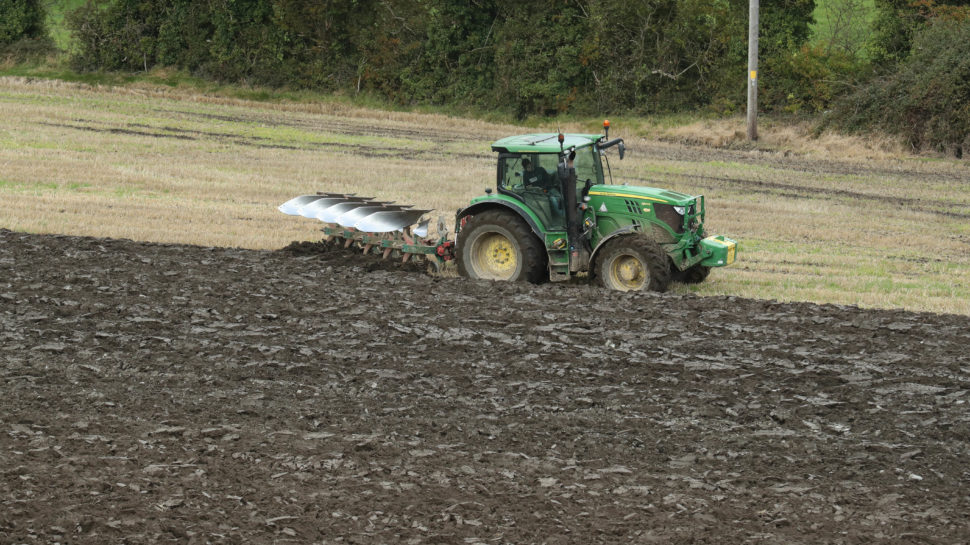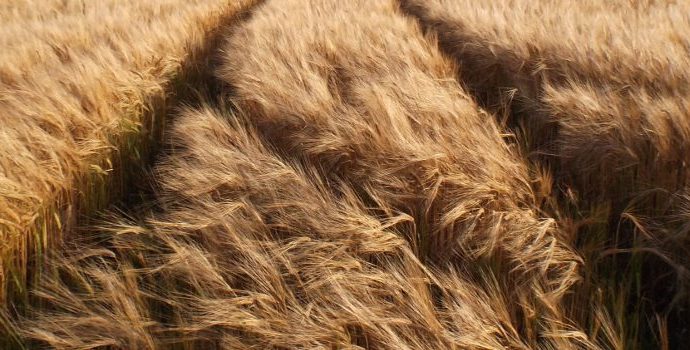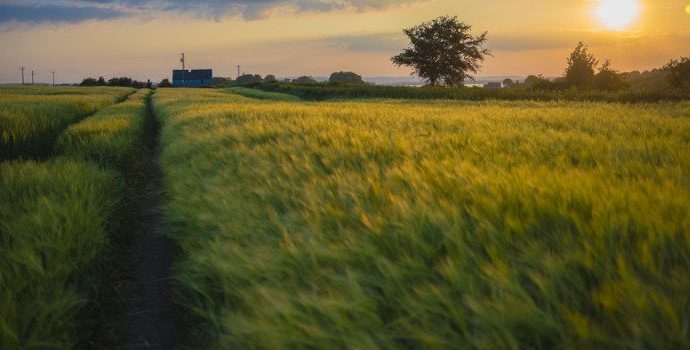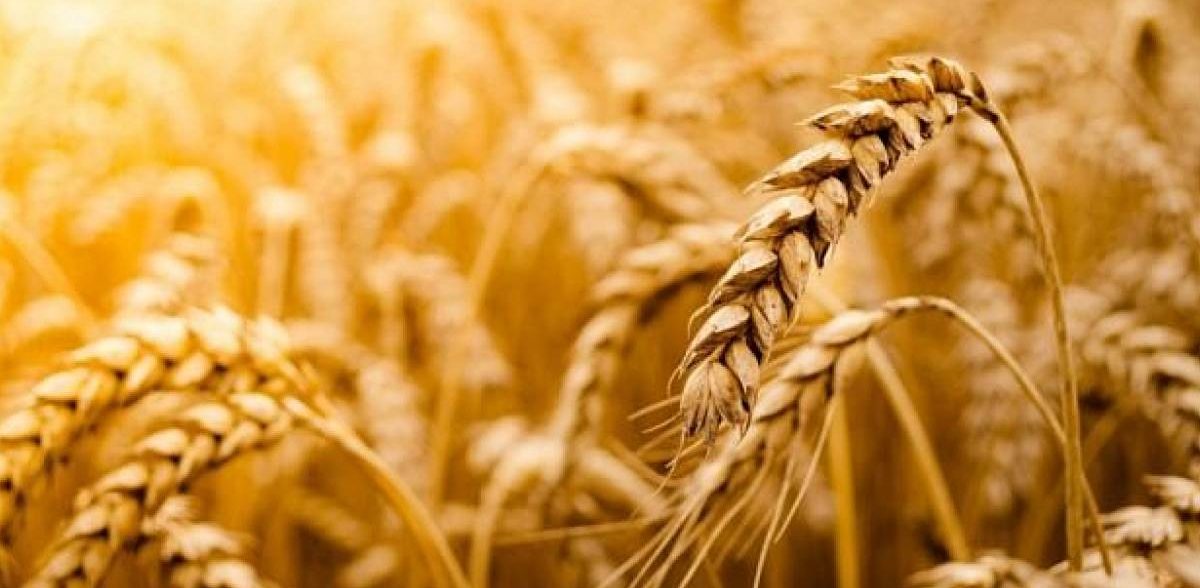Drop in Crop Yields in 2020 Hits Incomes of Tillage Farmers

Commenting on today’s CSO figures, IFA Grain Chairman Mark Browne said the incomes of tillage farmers could be down 15% for 2020 because of a sharp drop in yields.
“There’s an emphasis at Government level on increasing the tillage area in this country, and promoting the use of native grain and protein crops in livestock rations,” he said.
However, in order to achieve these goals, Government actions and policy must support the sector.
“Some of the current proposals for the next CAP in relation to convergence and the administration of eco schemes will impact negatively on the tillage sector. In addition, the coupled protein payment needs to be increased, to encourage increased plantings of these crops,” he said.
Mark Browne said the impact of a difficult winter in 2019, followed by drought conditions in late spring of 2020, had a devastating effect on last year’s crop.
According to the Teagasc National Farm Survey, tillage farm incomes also fell by 15% in 2019 compared to 2018.
“The price of Quality Assured Irish grain must not be undermined by the price of third-country feedstuffs, which are not produced to the same environmental standards as Irish grain”.
Mark Browne said feed manufacturers and the malting sector should maximise their intake of Irish grain.
“The area of Irish grain production is down 17% from 2012 and without targeted measures and a strategic plan, this decline will continue,” he said
“The sector contributes over €650m of farm gate value to the rural economy. It is of critical strategic importance to Ireland’s €13bn livestock, dairy, food, drinks and mushroom export sectors,” he said.



